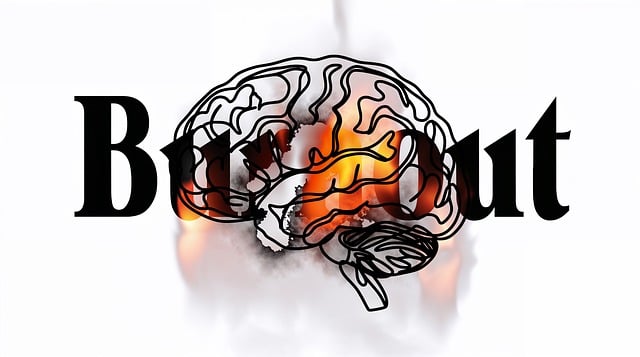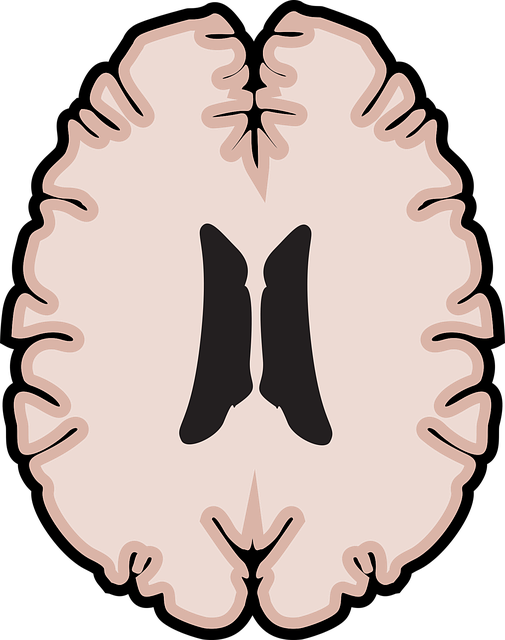Crisis Intervention Teams (CITS) in Denver play a vital role in supporting individuals with mental health challenges, particularly adjustment disorder therapy. These teams, composed of diverse professionals, provide immediate and targeted crisis intervention, empowering clients to manage stress and learn coping skills. Denver Adjustment Disorder Therapy (DADT), incorporated into CIT training, teaches effective stress reduction methods and emotional regulation techniques through mindfulness meditation and confidence-boosting exercises. Rigorous programs prioritize self-esteem improvement, emotional well-being of therapists, and adherence to mental health policy guidelines. Case studies show successful CIT interventions, like one in Denver involving a person with adjustment disorder, demonstrating improved crisis management, safer environments, and better therapy outcomes.
“Crisis intervention teams (CITs) are a crucial resource for communities, providing immediate support during mental health crises. This article delves into the essential aspects of CIT training programs, highlighting their impact on community well-being. We explore the role of Denver Adjustment Disorder Therapy in refining crisis response skills, focusing on practical strategies for mental health professionals.
From understanding team dynamics to real-world case studies, this comprehensive guide covers effective program components and successful deployments, underscoring the vital role CITs play in enhancing community resilience.”
- Understanding Crisis Intervention Teams: A Vital Resource for Communities
- The Role of Denver Adjustment Disorder Therapy in Crisis Training
- Essential Components of Effective Crisis Intervention Programs
- Preparing Mental Health Professionals: Skills and Strategies for Success
- Real-World Impact: Case Studies of Successful Crisis Team Deployments
Understanding Crisis Intervention Teams: A Vital Resource for Communities

Crisis Intervention Teams (CITS) are a vital resource for communities facing mental health challenges. These specialized teams, often comprised of trained professionals from various sectors, provide immediate and targeted support during crises. In Denver, where adjustment disorder therapy is a recognized need, CITS play a crucial role in mitigating the impact of mental illness and promoting recovery. They offer not just a short-term fix but also long-lasting solutions by fostering understanding and reducing the stigma associated with mental health issues.
Through effective crisis intervention, these teams empower individuals and families to navigate stressful situations. By employing evidence-based stress reduction methods, they help manage acute symptoms and teach valuable coping skills. Moreover, CITS contribute to burnout prevention strategies for healthcare providers by offloading critical responsibilities, ensuring that professionals can offer their best care consistently. This holistic approach aligns with global mental illness stigma reduction efforts, creating a more inclusive and supportive environment for those seeking assistance.
The Role of Denver Adjustment Disorder Therapy in Crisis Training

Denver Adjustment Disorder Therapy (DADT) plays a pivotal role in crisis intervention team training programs. This therapeutic approach focuses on empowering individuals to manage and overcome acute stress, anxiety, and emotional turmoil often associated with crisis situations. By teaching effective coping strategies, DADT equips participants with the tools needed to enhance their emotional regulation skills, fostering a sense of calm under pressure.
Integrating mindfulness meditation and confidence-boosting techniques within DADT training is transformative. These practices enable crisis intervention teams to respond to high-pressure scenarios with greater composure and clarity. Through rigorous simulation exercises and practical applications, participants learn to navigate complex emotional landscapes, ensuring they can provide compassionate and effective support during critical moments.
Essential Components of Effective Crisis Intervention Programs

Effective crisis intervention team training programs incorporate several key components to ensure success in high-pressure situations. Firstly, they emphasize the importance of self-esteem improvement and emotional regulation techniques, equipping participants with tools to manage their own emotional responses during a crisis. This is crucial for maintaining composure and clear decision-making abilities.
Additionally, these programs delve into Denver Adjustment Disorder Therapy methodologies, providing strategies to help individuals cope with trauma and stress disorders. By integrating evidence-based practices, such as cognitive behavioral therapy and mindfulness techniques, training ensures that team members can effectively support those in distress while adhering to the latest mental health policy analysis and advocacy guidelines.
Preparing Mental Health Professionals: Skills and Strategies for Success

Mental health professionals play a pivotal role in crisis intervention teams, requiring them to possess a unique set of skills and strategies for success. Effective crisis intervention training equips therapists with the ability to assess and manage intense emotional situations, such as those involving individuals experiencing Denver Adjustment Disorder or other mental health crises.
Beyond technical proficiency, cultivating emotional well-being promotion techniques and burnout prevention strategies is essential. Professionals must learn to prioritize their own mental health while providing support to others. Additionally, incorporating cultural sensitivity in mental healthcare practice ensures that crisis intervention approaches are tailored to meet the diverse needs of a wide range of individuals, fostering inclusive and effective care.
Real-World Impact: Case Studies of Successful Crisis Team Deployments

In the realm of mental health support, crisis intervention team (CIT) training programs have proven to be game-changers. Real-world impact studies highlight the effectiveness of these teams in managing acute crises and preventing escalations. For instance, a case study from Denver, Colorado, showcases how a well-trained CIT successfully de-escalated a situation involving an individual with adjustment disorder, averting potential harm. The team’s strategic approach, combining self-care practices and compassion cultivation techniques, underscores the significance of holistic training in high-stress scenarios.
This success story is not isolated; numerous similar deployments have demonstrated improved outcomes for both clients and professionals. By integrating risk assessment strategies into their protocols, mental health experts can proactively identify and mitigate risks. Such proactive measures are crucial, especially when addressing complex cases where individuals may exhibit unpredictable behaviors. Effective CIT training equips professionals with the tools to navigate these labyrinthine situations, fostering a safer environment for all involved while enhancing overall crisis management capabilities.
Crisis intervention team training programs, enriched by approaches like Denver Adjustment Disorder Therapy, play a pivotal role in equipping communities with essential resources. By focusing on key components and preparing mental health professionals with effective skills and strategies, these programs can significantly mitigate crisis situations and improve outcomes for individuals in need. The real-world impact of successful deployments serves as a testament to the transformative potential of well-trained crisis intervention teams.














